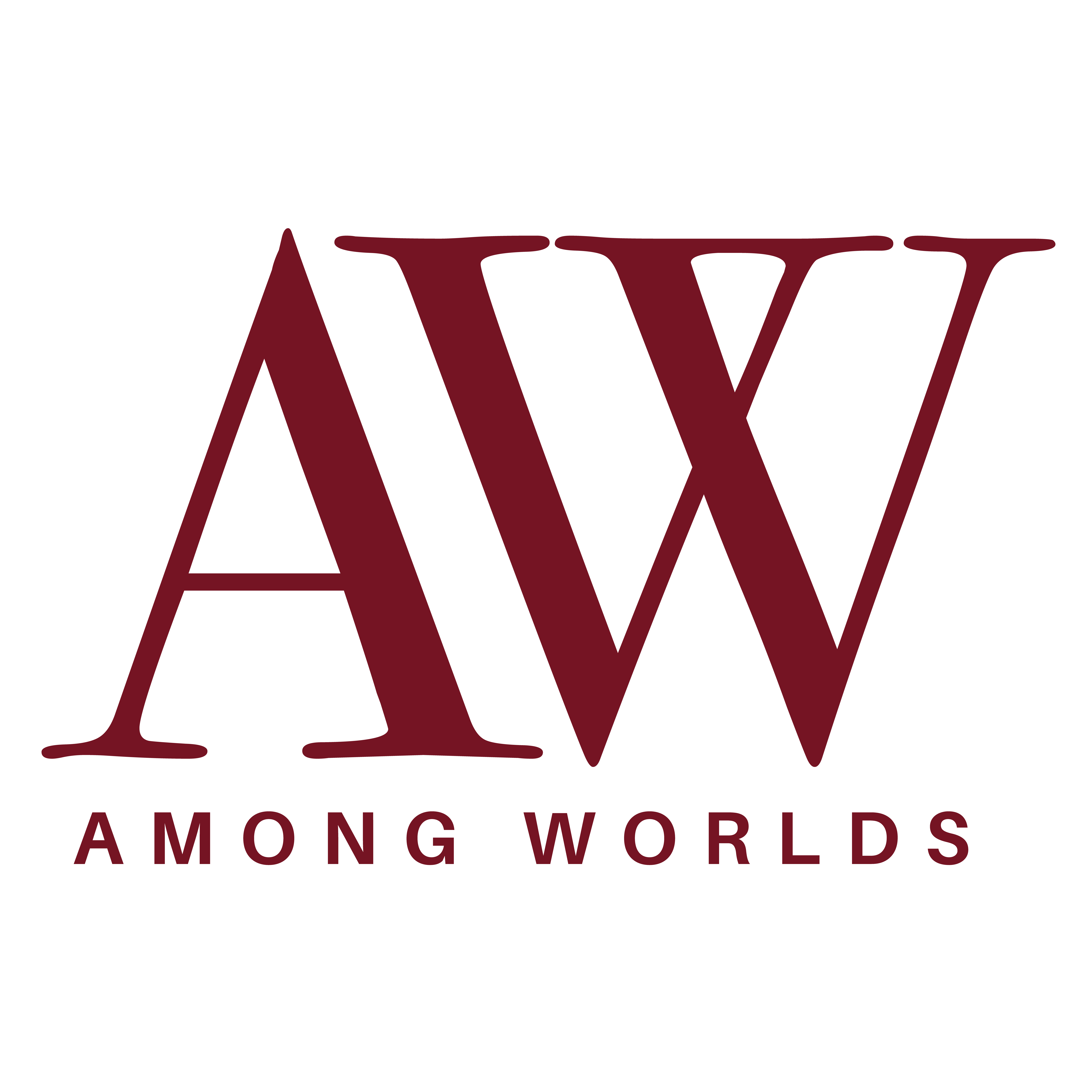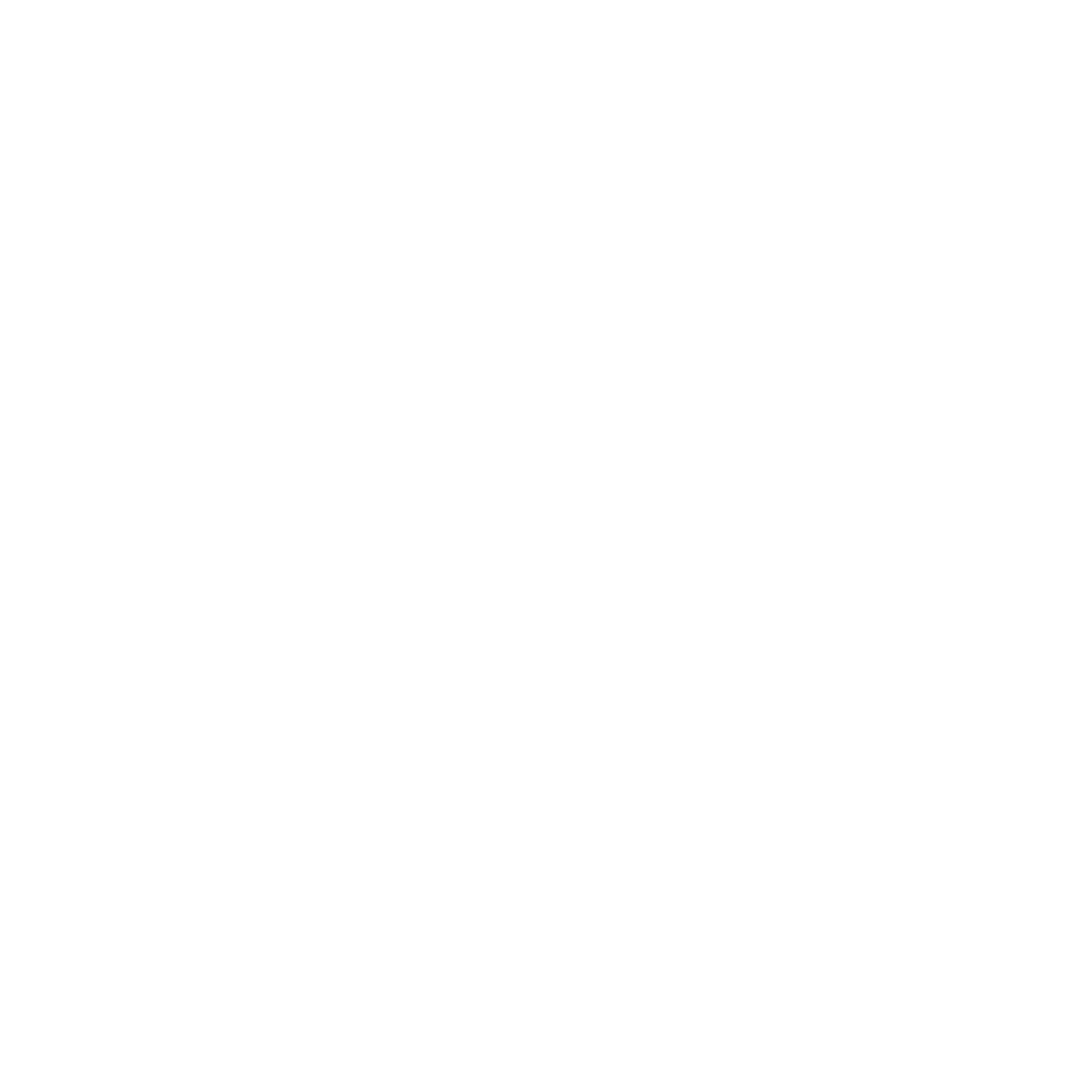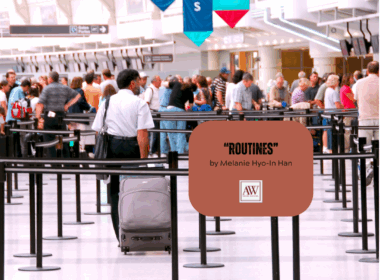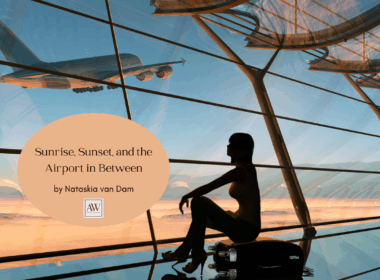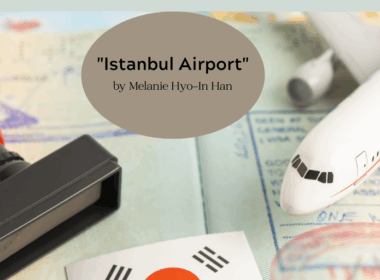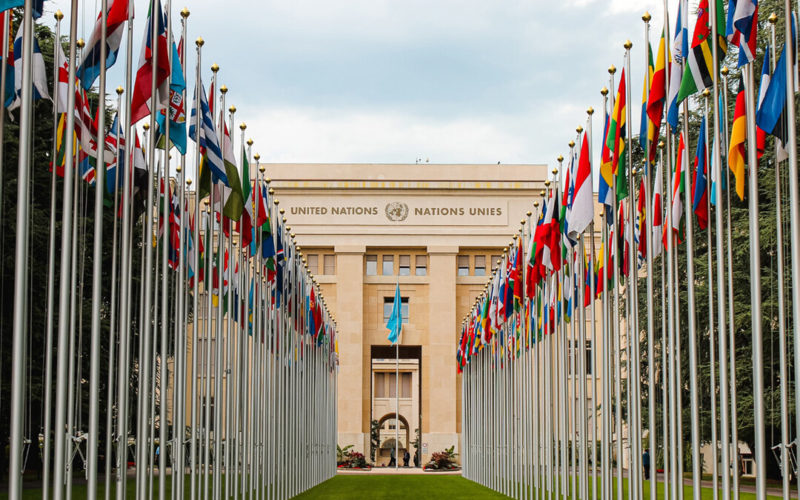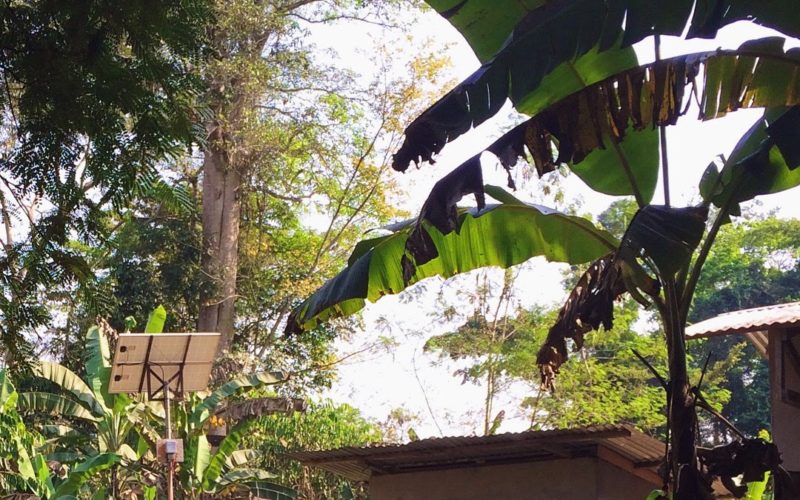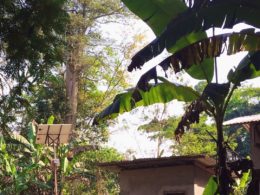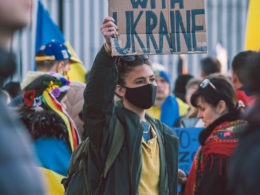By Jonathan S. Addleton
“Can a TCK honestly and faithfully serve their passport country in a foreign affairs role?”
Hard questions are appropriate at the outset of any career—and throughout the career that follows, regardless of which path it takes.
Having been born and raised in the Himalayas as the child of American missionaries to Pakistan, my path included a thirty-two-year career as a US Foreign Service Officer involving assignments in ten countries: Afghanistan, Belgium, Cambodia, India, Jordan, Kazakhstan, Mongolia, Pakistan, South Africa, and Yemen.
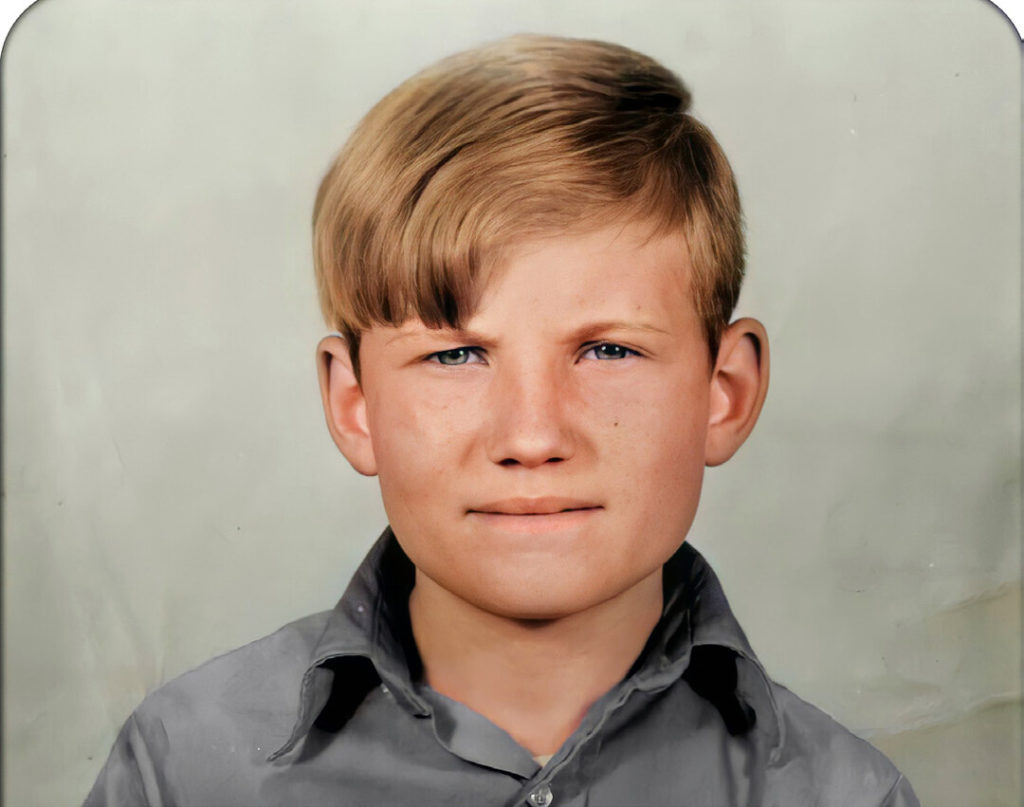
My passport country—the United States—is not included in that list because I never served there. Indeed, possibly my biggest achievement is that I managed to avoid working in Washington, D.C., the true “hardship post” for those motivated primarily by operational rather than headquarters-based interests and concerns.
And yet, looking back, I have to think that I made more of a difference as a career US Foreign Service Officer than in any other career I might have imagined. Certainly, the gifts of a TCK childhood—including an ability to cross the lines of class, culture, and nationality from an early age—helped strengthen the qualities of empathy and understanding that are essential for diplomatic success.
At a more technical level, the fact that my diplomatic career centered largely on USAID was clearly linked to vivid childhood experiences in some of the most remote corners of Pakistan. Having witnessed death, disease, and poverty from an early age, I determined early on that my calling in life was to work to help alleviate it.
Of course, a more fundamental question is centered on the implied dual loyalties involved in taking on an official government role rather than, say, working for a seemingly more neutral private company or non-governmental organization (NGO).
That possibility crossed my idealistic mind when I completed university in the late 1970s and considered the various institutional contexts in which I might seek employment. Among other things, I imagined that a career in a multilateral organization—perhaps the United Nations—might be a better fit for a TCK. Or, perhaps, I could engage more effectively within the NGO community with its thick network of connections crossing multiple borders and involving many nationalities, a world in which I briefly thought, perhaps naively, that passports somehow wouldn’t matter very much.
But, of course, passports do matter, at least in an international system defined in significant part by nearly two hundred nation-states engaged in relationships with each other at all levels including in economics, security, culture, diplomacy, and development. And even if multiple passports are acquired over the course of a lifetime, choices must still be made about which one to use.
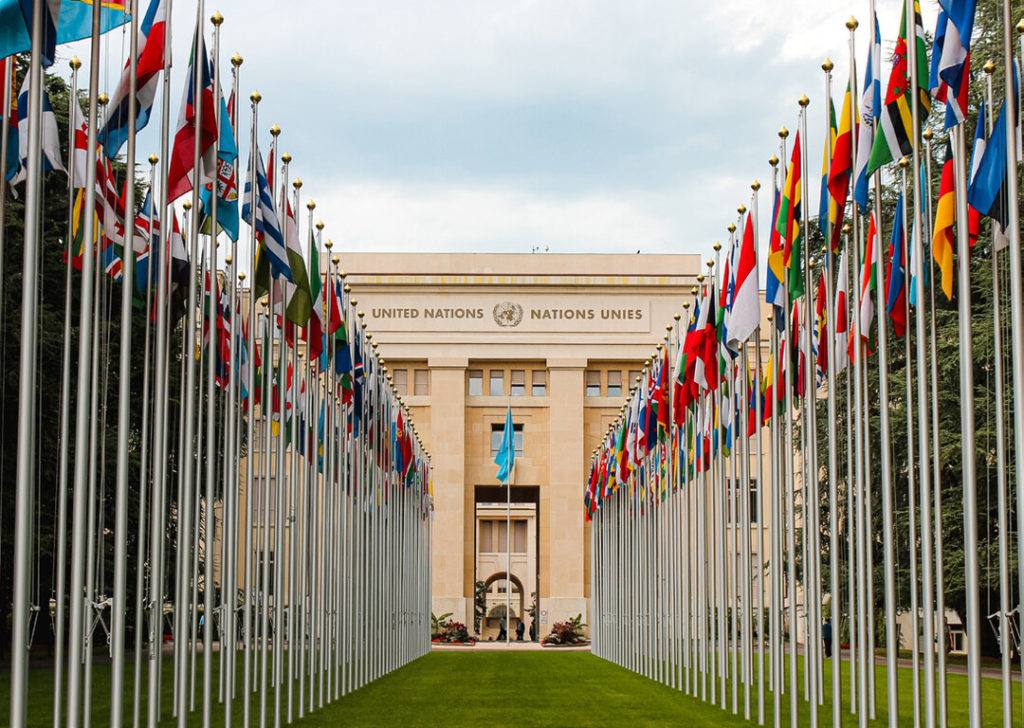
A TCK childhood helped strengthen the qualities of empathy and understanding that are essential for diplomatic success.
Here, too, I think of the countless migrants to the United States, those who were born with a different nationality and a different passport yet ended up representing this country as diplomats at the most senior levels, combining a love of their new country with an appreciation for the circumstances which had led them to the US in the first place. Perhaps the most obvious example here is America’s first female Secretary of State, Madeleine Albright, who was born in the former Czechoslovakia and arrived in the US as a refugee.
For my part, I had little difficulty accepting the idea that the American passport gifted to me by my parents was and would remain a significant part of my identity, even if I wasn’t born there—and that I could honestly and faithfully serve that part of my identity, even in an official context that could at times involve policies with which I might disagree.
Eighteen months ago, the New York Times published a series of reflections from across the US under the headline “What Does It Mean to Love Your Country?” The article appeared just prior to the 2020 elections, reflecting a fractured and polarized nation seemingly on the verge of civil war. And yet the submissions were filled with hope and compassion, some written by recent immigrants and others by contributors with roots in the US extending back for centuries:
“Be proud of it but not afraid to confront its problems and work to solve them.”
“To love this country is to look clear-eyed at its promises and its practices, working to bridge the gap between them.”
“You can’t love your country without loving its fellow citizens, and the truest expression of that love is the willingness to sacrifice for others.”
“Love of country is to seek its betterment. I express that love by caring for those who are disenfranchised, misunderstood and in need.”
“I have dual citizenship with Ireland and have seriously considered leaving America. But while I honor other countries, I love ours and cannot bring myself to leave.”
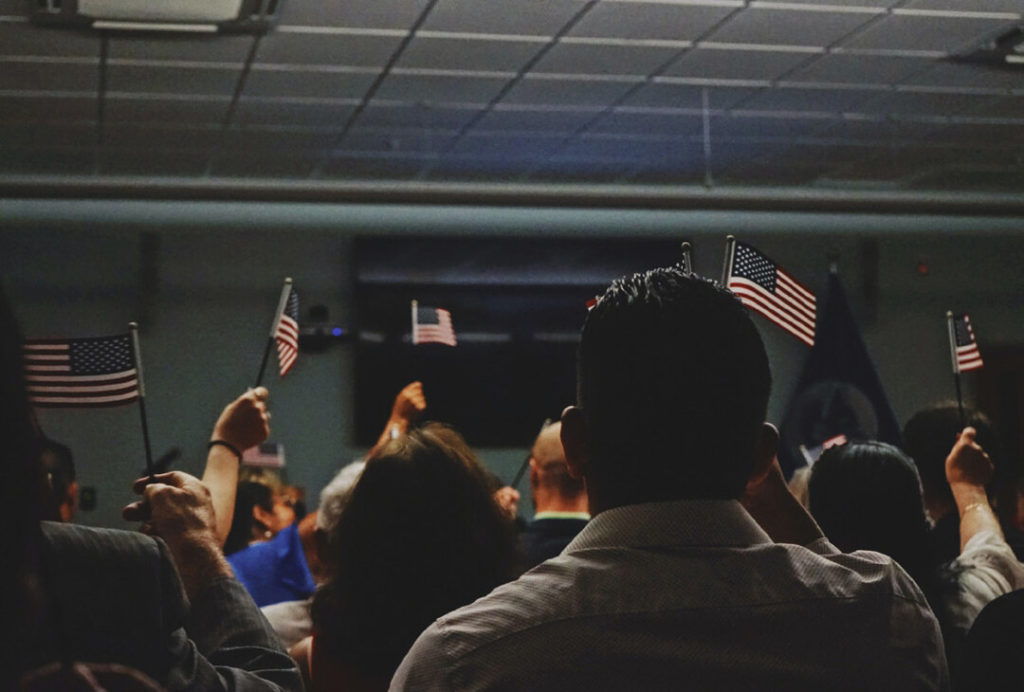
Although not always properly articulated when I embarked on my diplomatic career, these sentiments resonate very strongly with me, perhaps now more than ever. I am proud to have officially represented my passport country for more than three decades, having been afforded numerous opportunities to demonstrate certain values reflecting that imperfect passport country at its best, while also working with others to help make the world beyond the borders of my passport country a better place.
Love of country is to seek its betterment
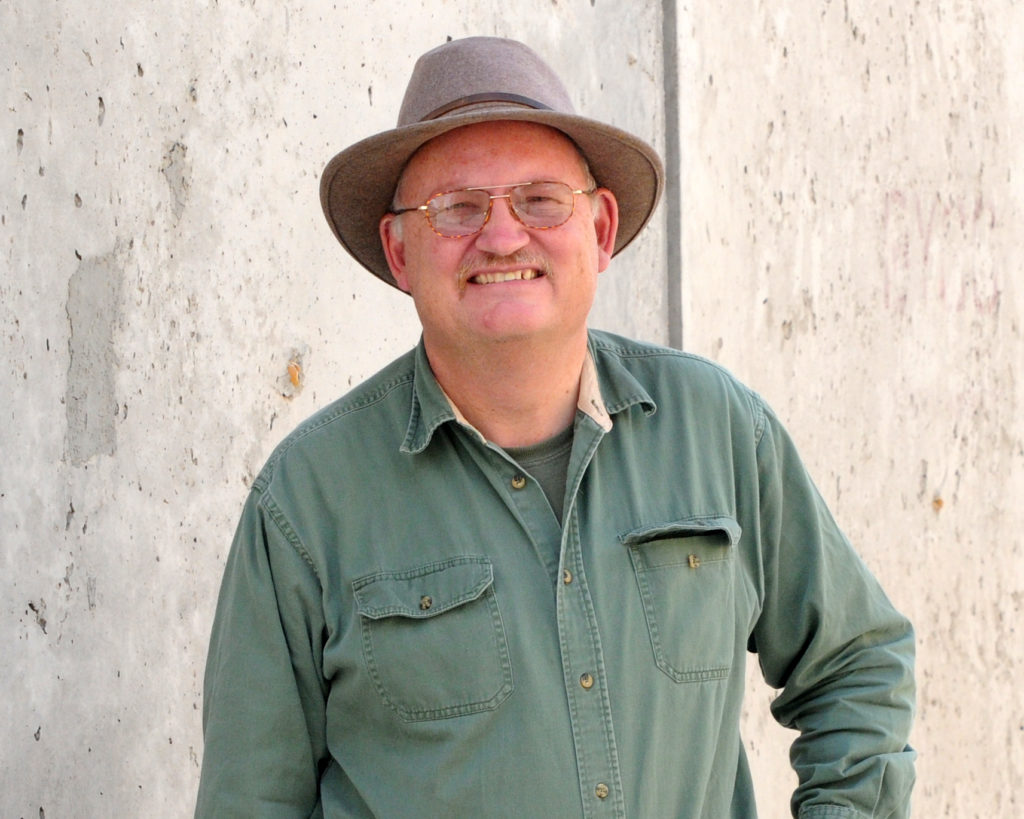
Born and raised in Pakistan, Jonathan S. Addleton served as US Ambassador to Mongolia and USAID Mission Director in Mongolia, India, Pakistan, Cambodia, and Central Asia, among other assignments. He retired from the US Foreign Service in January 2017 and is now Rector/President of Forman Christian College (A Chartered University) in Lahore, Pakistan.
Jonathan S. Addleton has written several books including Undermining the Center (Oxford University Press); The Dust of Kandahar (Naval Institute Press); Mongolia and the United States: A Diplomatic History (Hong Kong University Press); and a memoir of his TCK childhood in Pakistan titled Some Far and Distant Place (University of Georgia Press).
